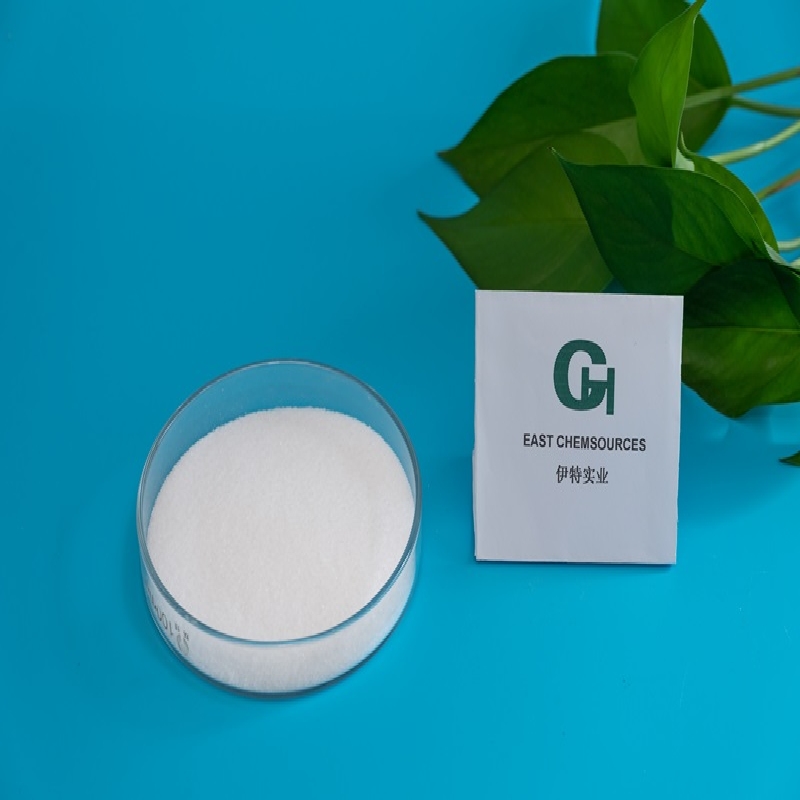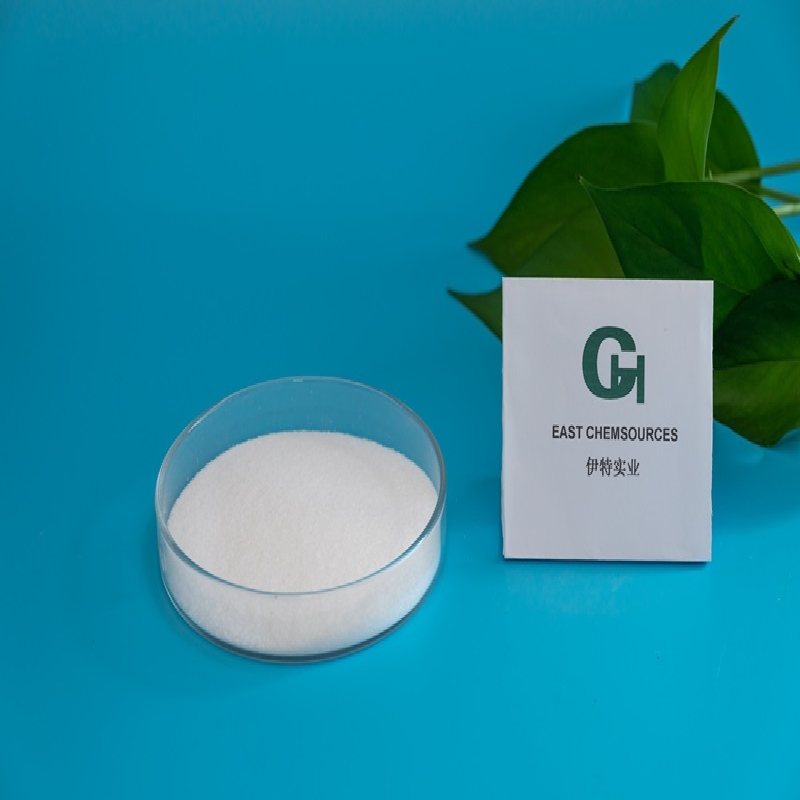-
Categories
-
Pharmaceutical Intermediates
-
Active Pharmaceutical Ingredients
-
Food Additives
- Industrial Coatings
- Agrochemicals
- Dyes and Pigments
- Surfactant
- Flavors and Fragrances
- Chemical Reagents
- Catalyst and Auxiliary
- Natural Products
- Inorganic Chemistry
-
Organic Chemistry
-
Biochemical Engineering
- Analytical Chemistry
- Cosmetic Ingredient
-
Pharmaceutical Intermediates
Promotion
ECHEMI Mall
Wholesale
Weekly Price
Exhibition
News
-
Trade Service
Background and target anti-tumor necrotum α (anti-TNF) treatment accounted for 31% of health care expenditures associated with ulcerative colitis (UC).
anti-TNF in patients with remission ulcerative colitis (UC) can reduce side effects and infections while reducing medical costs.
about 36 percent of patients relapsed within 12 to 24 months of anti-TNF withdrawal, but 80 percent of patients were treated again to be relieved.
study aims to assess the cost difference between continued use of anti-TNF drugs and deactivation of anti-TNF drugs in UC patients during the mitigation period.
method researchers developed a Markov model that compared the cost-effectiveness of anti-TNF ongoing treatment and drug suspension from a healthcare provider's perspective.
in the fifth year of treatment, the cost of anti-TNF withdrawal was lower (EUR 10,781 per patient), but slightly less effective than ongoing treatment.
the cost of continuing to use anti-TNF drugs is EUR 30,390 per year, exceeding the cost-benefit threshold, compared to the suspension of the drug.
If the recurrence rate after anti-TNF withdrawal is increased by ≥43 per cent, or if the price of Adamo monoantigen or inflixi monoantigen (biosimilar) falls below 87/40 euros and 66/100 euros, respectively, then continued treatment will become cost-effective.
that it was not cost-effective for UC patients to continue anti-TNF therapy during the remission period compared to drug suspension.
biologic therapy after drug suspension can save medical costs, but the effect is slightly worse than continuous treatment.
better economic benefits by identifying patients with an increased risk of recurrence and by treating low-risk patients with drug suspension.







